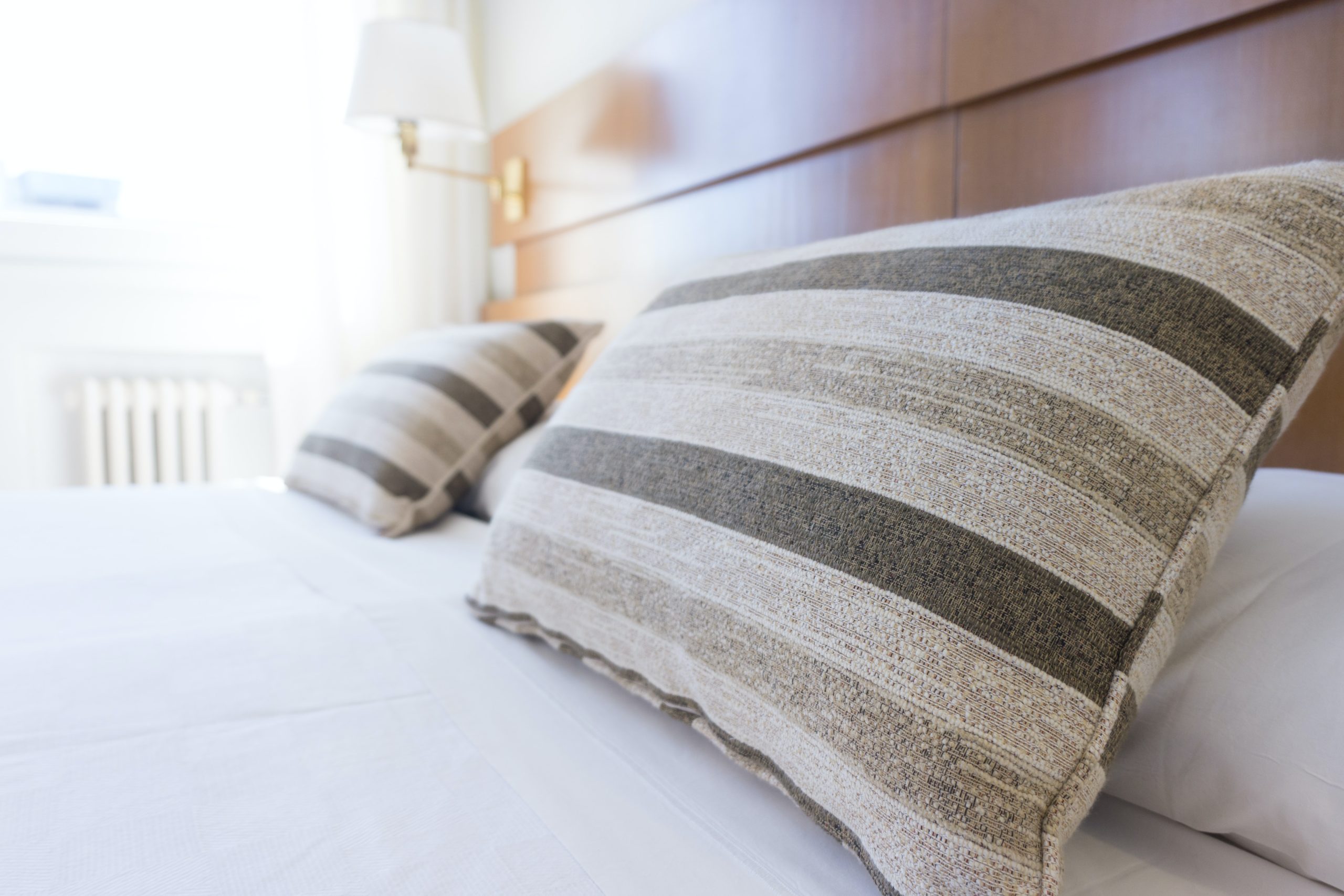UPDATED June 23, 2020, 2:30 p.m. Central
In an earlier post, we noted the coronavirus pandemic has produced a new normal for hotels and event venues, one in which event planners and their guests expect more stringent cleaning and safety standards.
In the weeks since we first published this roundup, hotels across the country have focused on their cleaning protocols as a marketing differentiator as essential as room rates and amenities to attract business. Many of these initiatives are now being implemented as hotels and resorts begin to welcome travelers around the world.
The Four Seasons in New York was a forerunner in the industry’s paradigm shift. According to NBC News, the luxury hotel’s “guinea pig journey” started after providing lodging for area frontline health care workers.
Four Seasons’ operating procedures morphed from high touch to no touch — virtual check-in and check-out, no more room service or breakfast buffet, and only pre-made boxed meals available in the lobby. Rooms have also been cleared of potential germ hangouts, such as the minibar and extra pillows, linens and hangers. In between guests, rooms are left empty for 24 hours before being thoroughly sanitized by cleaning crews in hazmat suits.
Though the deep cleaning is aimed at rooms more likely to have housed a medical professional exposed to COVID-19, hotels in the post-pandemic era are likely to clean rooms more extensively than before.
Cleaning protocols intensify
Accor, Marriott, Hilton and Hyatt have been in the news for their new branded cleaning programs, which they have begun to employ in addition to social distancing measures and enhanced food safety guidelines.
Europe’s largest hospitality company, Accor has partnered with inspection company Bureau Veritas on its All Stay Well initiative, an independent testing of its hygiene certification program that features higher sanitation standards for guest rooms and catering facilities. Accor hopes these increased safety measures would encourage governments to loosen current travel restrictions.
Marriott International launched the Marriott Global Cleanliness Council to develop new standards “focused on more than just disinfection” but also “a holistic approach” to include technology such as electrostatic sprayers with hospital-grade disinfectant for hotel guest rooms, lobbies, gyms and other areas, as well as ultraviolet light to clean room keys.
Hilton has partnered with Lysol and in consultation with the Mayo Clinic on a new program called “Hilton CleanStay with Lysol Protection,” which launched in early June to more deeply clean guest rooms and public areas and provide travelers more peace of mind. Like the Four Seasons, Hilton will also continue contactless check-in and digital room keys.
Following Marriott and Hilton, Hyatt also announced their new program, Global Care & Cleanliness Commitment, which launched in May and features the Global Biorisk Advisory Council (GBAC) STAR accreditation to recognize hotels that follow the cleaning, disinfection and infectious disease prevention program. The GBAC STAR accreditation is quickly becoming the most popular disinfection and infectious disease prevention standard among large venues.
InterContinental Hotels Group (IHG), in consultation with the IHG Global Cleanliness Board, launched a program called Clean Promise, which builds on the brand’s 2015 Way of Clean initiative. Clean Promise features “a new global standard of hotel cleanliness and hygiene.”
Loews Hotels released new cleanliness standards on May 4 for meetings and events, which resemble those of other major brands. Protocols include more frequent cleanings with an EPA-approved disinfectant, hand sanitizer stations, and staff wearing masks. Elevator capacity will be reduced and room service will feature disposable containers. For meetings of 50 or fewer people, space will be arranged as classrooms set for social distancing.
These global hotel brands aren’t the only ones stepping up their service levels. According to BTN, Best Western, Choice Hotels, Wyndam Hotels & Resorts, and Radisson Hotel Group are all also making strides toward enhanced cleaning protocols, employee training, and no-touch check-in procedures.
A more unified effort
Beyond their individual brand efforts, these and other large hotel companies are also working together on cleaning and safety standards. The American Hotel and Lodging Association announced the launch of the “Safe Stay” initiative, which “will seek to change hotel industry norms, behaviors and standards to ensure both hotel guests and employees are confident in the cleanliness and safety of hotels once travel resumes.” The AHLA released their guidelines on June 12, 2020.
Several hotel companies with their own safety standards also serve as advisors to the WELL Health-Safety Rating, a new initiative by the International WELL Building Institute (IWBI) to bring “an evidence-based, third-party verified rating” to hotel operational policies and cleaning protocols, which launches in June.
As Shimon Avish notes in MeetingsNet, loosened travel restrictions and safer conditions are only part of the equation. As the pandemic subsides, the biggest obstacle to overcome is simply fear. Hospitality suppliers throughout the industry are pulling out the stops to give meeting planners and their guests the peace of mind they need.
For a complete list, see Northstar Meetings Group’s compilation of hotel safety and hygiene protocols.


